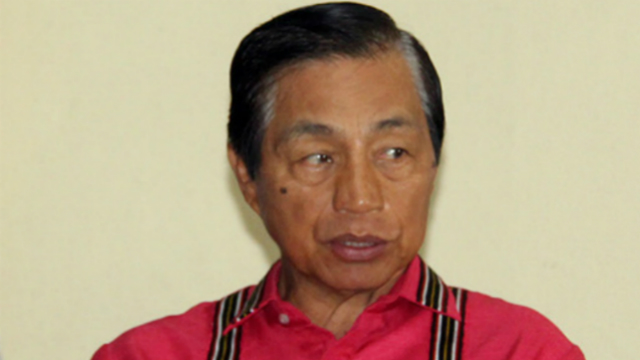BAGUIO CITY – Mayor Mauricio G. Domogan raised several issues that must be addressed by the local government and concerned government agencies in the selection and eventual appointment of the city’s Indigenous Peoples Mandatory Representative (IPMR).
The local chief executive underscored that under the city’s approved P2.056 billion annual budget this year, no funds had been appropriated for the salaries of the IPMR, his staff, the maintenance of his office and even the needed office space.
“We do not interpose objection to the appointment of an IPMR in the city provided that all issues and concerns surrounding the selection and appointment of the IPMR shall have been properly addressed by the concerned government agencies and the local government. We should not allow anyone who will be appointed to the position of IPMR with questions being raised on his integrity and the process how he was selected,” Domogan stressed.
City Legal Officer Melchor Rabanes disclosed that he was able to secure a certification from the Municipal Circuit Trial Court (MCTC) in Kayapa, Nueva Vizcaya that the city’s supposed IPMR Roger Sinot was convicted for theft which is a crime against moral turpitude, one of the supposed disqualifications for the position.
Domogan emphasized there are two school of thoughts on the IPMR wherein one of the issue being raised, especially in the different local governments in the Cordillera, is whether or not there is still a need to appoint an IPMR in areas dominated by IPs and where most of the local legislators are IPs while another issue is on whether or not the IPMR is mandatory.
According to him, there are also questions being raised by some IPs in the city who were deprived participation in the selections process of the IPMR claiming that only a single tribe was involved which they allege is not in line with existing rules and regulations.
He said the filing of the appropriate case by the deprived IPs is a welcome development on the part of the local government because it is only the court that has the jurisdiction to interpret the real spirit of the law in the selection and appointment of an IPMR.
While it is true that Sinot was able to secure the so-called certificate of affirmation from the National Commission on Indigenous Peoples (NCIP) and the certificate of confirmation from the Department of the Interior and Local Government (DILG), he asserted that it will still be up to the members of the local legislative body to decide on whether or not to accept him.
If the local legislators will decide not to accept him, he emphasized that the local government will welcome the filing of the case of mandamus against the city so that the issues will be properly ventilated in court which will in turn interpret the contents of the law on the selection and appointment of the IPMR that will serve as a precedent for all local governments in the country.
Republic Act (RA) 8371 or the Indigenous Peoples Rights Act (IPRA) mandates the selection and appointment of the IPMR from the various tribes in a certain locality who will be occupying the position as a member of the local legislative body.
By Dexter A. See















